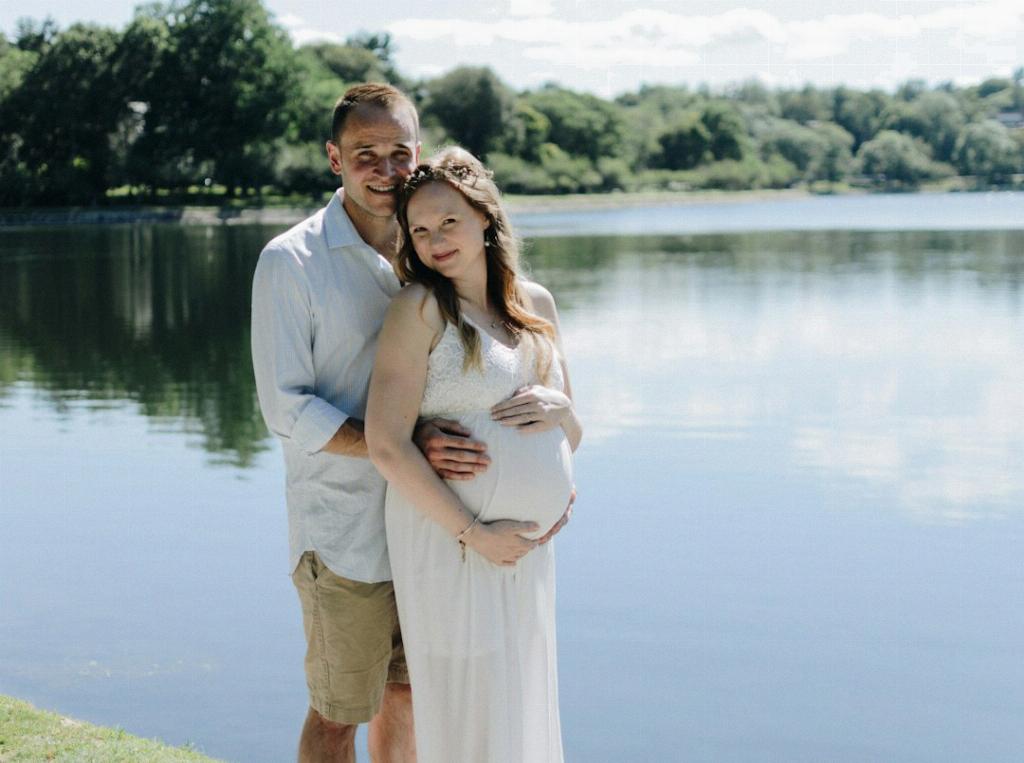When it comes to the language used to describe pregnancies in individuals who are 35 years of age and older, there are a couple of terms that are commonly used in the medical field. These terms have evolved over time, reflecting changes in societal norms and medical understanding.
The Term “Geriatric Pregnancy”
One term that has been traditionally used to refer to pregnancies in women over the age of 35 is “geriatric pregnancy.” While this term is still heard in some circles, it is important to note that it is considered outdated and even somewhat offensive by some individuals. The term can carry negative connotations and is not in line with the more modern and respectful language used in healthcare settings.
The Term “Advanced Maternal Age”
As the understanding of pregnancy and childbirth has advanced, so too has the terminology used to describe pregnancies in individuals over the age of 35. The term “advanced maternal age” is now more commonly used in medical settings. This term is seen as more neutral and less stigmatizing compared to the term “geriatric pregnancy.”
Benefits of Using Modern Terminology
Using terms like “advanced maternal age” instead of “geriatric pregnancy” helps to promote a more positive and respectful tone when discussing pregnancies in older individuals. By using language that is sensitive to the needs and experiences of pregnant individuals, healthcare providers can create a more supportive and inclusive environment.
Health Considerations for Older Pregnancies
It is important to acknowledge that pregnancies in individuals over the age of 35 may come with some unique health considerations. Older pregnant individuals may be at increased risk for certain complications, such as gestational diabetes and high blood pressure. Regular prenatal care and monitoring are essential to ensure the health and well-being of both the pregnant individual and their baby.
Support for Older Pregnant Individuals
Being pregnant at an older age can come with its own set of challenges and concerns. It is important for healthcare providers to offer support and guidance to individuals who find themselves embarking on a pregnancy later in life. This support can range from providing information on prenatal care to offering emotional support throughout the pregnancy journey.
Changing Perspectives on Age and Pregnancy
As societal norms continue to shift and more individuals choose to delay starting a family, the conversation around age and pregnancy is evolving. It is becoming more common for people to have children later in life, and this trend is reflected in the way we talk about and approach pregnancies in older individuals.
Celebrating Pregnancy at Any Age
Regardless of age, pregnancy is a momentous and joyful occasion in a person’s life. It is important to celebrate and support individuals who are expecting a child, regardless of their age. Every pregnancy is unique and special, and every individual deserves to feel valued and respected throughout their pregnancy journey.
Continued Education and Awareness
As we continue to learn more about pregnancy and childbirth, it is essential to stay informed and up-to-date on the latest research and recommendations. By educating ourselves and raising awareness about the needs of pregnant individuals, we can create a more inclusive and supportive environment for all expectant parents.
Final Thoughts
In conclusion, while the term “geriatric pregnancy” may still be heard in some contexts, the more appropriate and respectful term to use when referring to pregnancies in individuals over the age of 35 is “advanced maternal age.” By using language that is sensitive and inclusive, we can ensure that all pregnant individuals feel supported and valued as they navigate the journey of pregnancy and parenthood.

